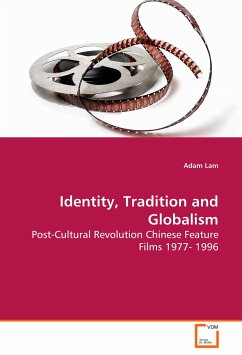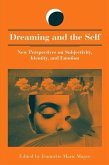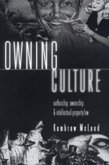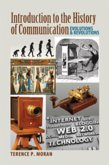Following the official end of the Cultural Revolution in 1977, China began reforms from 1978. Although the initial goal of the reforms was to improve the nation¿s economy, changes soon occurred across other fields ranging from politics to culture, from society to the legal system. These changes had a significant impact on the development of Chinese film. Applying contemporary theories and citing numerous sources in both Chinese and English, this book examines the works of acclaimed Chinese third- to sixth-generation directors from 1977 to 1996. Many of these filmmakers are now internationally famous either for their cinematic achievements or for the political controversies arising from their films. The author argues that Chinese film during this period experienced a shift of cultural identity from subjection to Chinese tradition to submission to transnational globalism. The analysis of how and why Chinese films have become internationally popular recently should be especially useful to those interested in Chinese cinema. Some provocative arguments by the author are likely to trigger further debate on the preservation of tradition and globalization.








